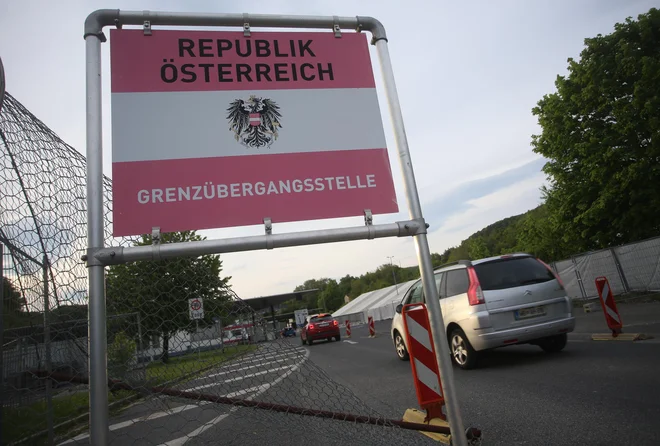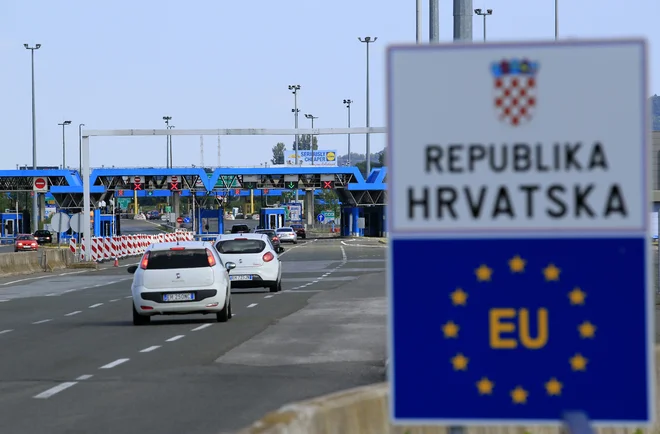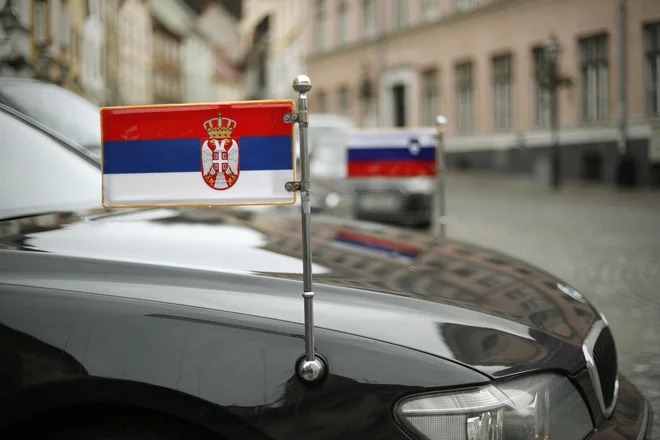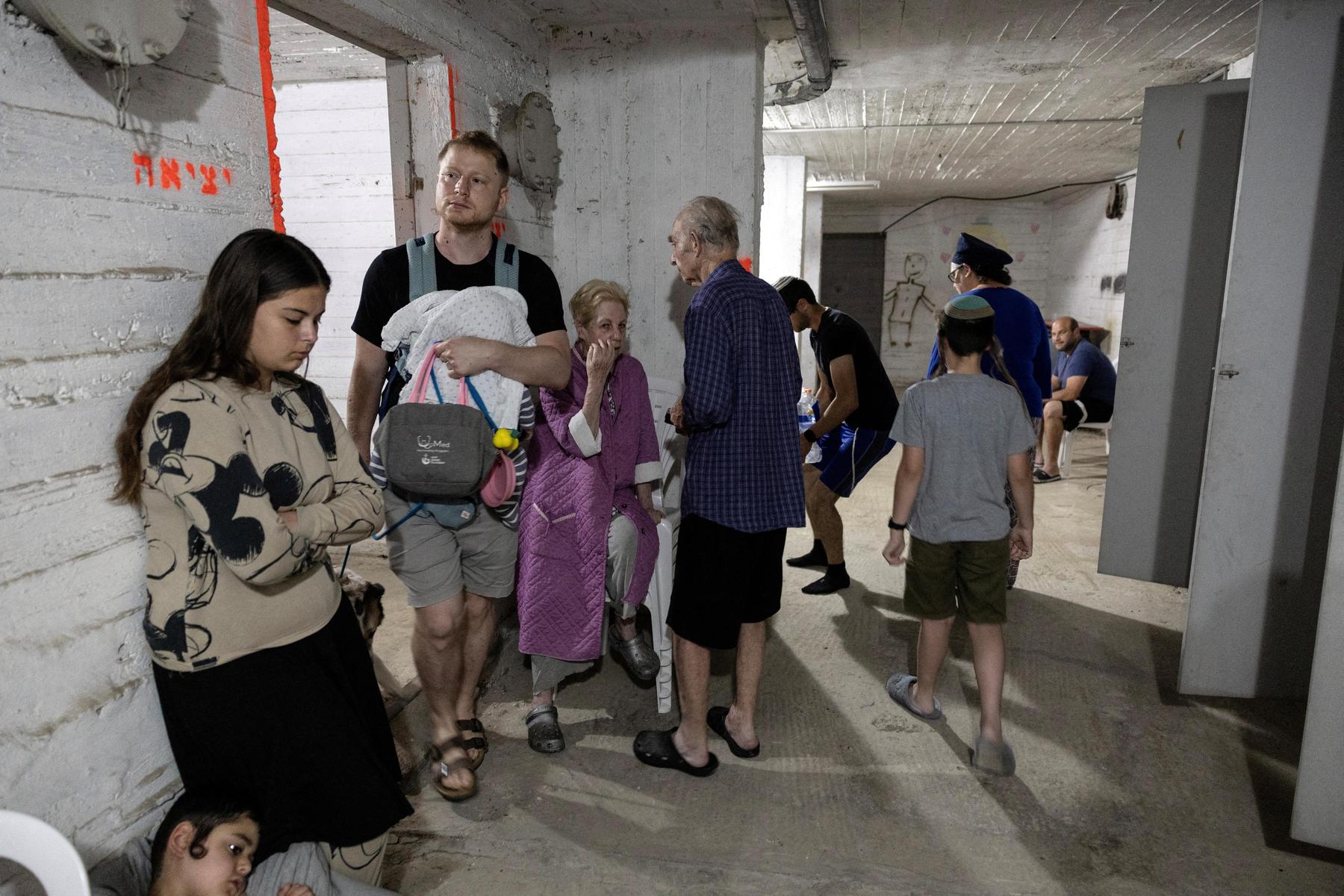Admit to Croatian, Serbian and German

In the freshly published, the sixth reportprepared today by the Council of Europe experts committee, is in detail how Slovenia implements the provisions of the European Charter on Regional or Minority. The document notes that there is a noticeable gap in the country in addressing different language communities.
While the Hungarian and Italian communities receive high protection levels, the authors of the report again warn that Croatian, German and Serbian remain without proper status. The key division between the views of the Council of Europe and Slovenia, as it is seen from the report, originates from different legal starting points, which is directly reflected in the practical position of these three communities.
Different legal starting points
The reason for the long -standing congestion, as explained by the authors of the report, lies in the fundamental difference of two legal concepts. The Slovenian legal order is based on the constitutional concept of « indigenous national communities », which includes Italian and Hungary, and a special recognition of the Roma community. In the official response that is part of the report, the Slovenian part explains that the legal framework is tied to constitutional provisions and that the Croatian, German and Serbian communities « are not constitutionally recognized as indigenous ».
The German language community in Slovenia, according to the report, receives insufficient funds and is included in the ineffective mechanisms of dialogue with the state. Photo: Tadej Regent/Work
The European Charter, on the other hand, places the « traditional presence » of the language in a particular territory as a key criterion for protection. The Council of Europe experts in the report therefore emphasizes that Croatian, German and Serbian are « in the present territory of Slovenia for centuries and are therefore traditionally in use in the country ». According to the Committee, this fundamental difference in definition is the central reason that the provisions of the document for these three languages are not performed.
Findings of practical implementation
This legal void, further noted by experts, is directly transmitted to practice. The report thus emphasizes that the languages are not developed for these languages, since options such as elective subjects or supplementary instruction do not, according to the committee, do not meet the requirements of the document.
The document also notes that financial support is unstable and insufficient because it is based solely on project tenders. For example, for the German community, only 38,000 euros were approved for 2024, although their proposals amounted to 144,000 euros. According to the report, support for Croatia and Serbian cultural activities is often only « a few hundred euros per activity ».

According to the Council of Europe, Croatian is left without the appropriate status of minority. Photo: Antonio Bronic/Reuters
At the same time, the Council of Europe document does not paint minorities as passive observers. It highlights their efforts to improve the situation. For example, representatives of the German community complained to the Ombudsman, and representatives of the Serbian community met on the issue of the Ombudsman’s education. At the same time, the report states that existing dialogue mechanisms, such as the German Community Working Group, are not effective, as they do not discuss key issues such as the official recognition of language.
Slovenia’s response and debate on a new law
In the official response submitted by the Slovenian authorities and published in the Annex of the Report, they recently adopted the Law on the Cultural Rights of National Community National Community Members of the former SFRY.
However, the authors of the report estimate that this law does not solve the essence of the problem, since it addresses cultural rights, not the status of traditionally present minority languages, as defined by the document. According to the report, the adoption of the law in Slovenia was accompanied by « important debates, including proposals for the referendum and questions about its constitutionality ».

The Serbian language is mentioned in the Council of Europe Report as one of three traditional languages that have not yet received official recognition in Slovenia. Photo: Leon Vidic/Work
The Committee of Experts thus notes that the central recommendations regarding the recognition of Croatian, German and Serbian are left unfulfilled. Until the fundamental gap in legal understanding is overcome, the significant progress in the protection of these three language communities is not expected, according to the authors.







